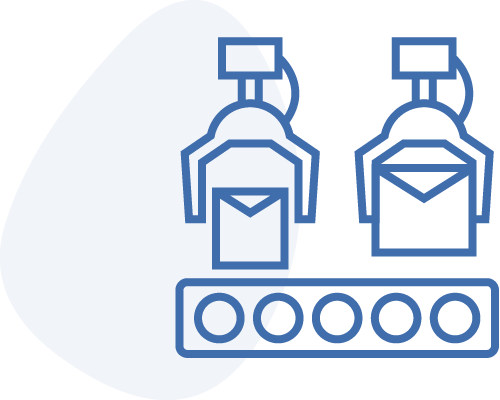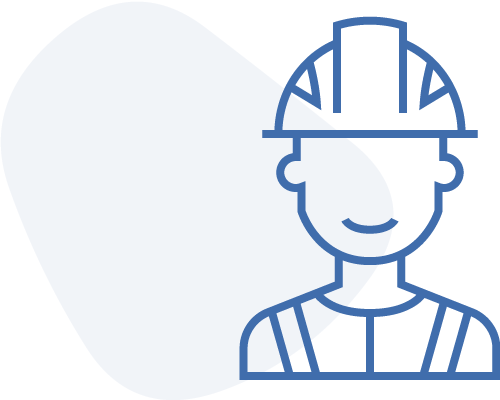Forklift Operators are an integral part of every manufacturing or warehousing facility, playing a pivotal role in how materials are moved around the company. They’re responsible for moving and transporting heavy materials from place to place, making sure that both raw and finished materials are where they need to be, when they need to be there.
This article will dive into the responsibilities of a Forklift Operator, necessary qualifications, and potential avenues for career growth and advancement.
Responsibilities of a Forklift Operator
Forklift Operators’ responsibilities extend beyond simply driving materials around the facility—they also ensure that materials are handled safely and efficiently. Common tasks include:
- Material Handling: Forklift Operators expertly maneuver large vehicles to lift, stack, and transport materials from place to place within the manufacturing facility. They might be responsible for moving raw materials, finished products, and everything in between.
- Loading and Unloading: Forklift operators are often charged with loading and unloading trucks and deliveries, stacking pallets, and arranging materials in designated storage areas. Smooth workflows for other members of the team depend on their ability to do their jobs quickly and accurately.
- Equipment Maintenance: Routine maintenance of a forklift ensures the vehicle is in safe working condition at all times. Forklift Operators may be tasked with conducting maintenance checks, which can include inspecting brakes, tires, and other critical components.
- Safety Protocols: Forklift Operators must follow strict safety protocols in order to prevent accidents and injuries. This includes understanding the weight limits of their vehicle, maintaining clear sightlines where they are working, and following established traffic patterns to prevent unnecessary accidents.
Qualifications to Become a Forklift Operator
The minimum qualifications for how to become a Forklift Operator include a high school diploma or GED, and a minimum age of 18. The Occupational Safety and Health Administration (OSHA) sets guidelines for Forklift Operators which include a formal training program. It’s possible to complete this program at a community college, vocational school, or other training center, but most employers will require that Forklift Operators complete their internally approved training program, regardless of whether they already possess the OSHA certification, and in addition to any previous experience they may already have. Following formal training, Operators will need to pass a written and practical exam, testing their knowledge of the forklift and their ability to effectively operate it. Forklift Operators need to renew their certification every three years, per OSHA requirements.
Opportunities for Career Growth as a Forklift Operator
Becoming a Forklift Operator can be a great entry point to a career in manufacturing. After a period of time in this role, many Forklift Operators go on to careers such as:
- Forklift Operator Supervisor
- Logistics or Warehouse Management
- Operations Supervisor or Manager
- Specialized Equipment Operation
- Training and Education on Forklifts
Forklift Operators play an essential role in ensuring any manufacturing or warehousing facility runs smoothly and efficiently. The barriers to entry into a career as a Forklift Operator are low, and there is opportunity for career growth and upward mobility. A variety of job role responsibilities keeps every day interesting, and they are indispensable to successful manufacturing operations.




